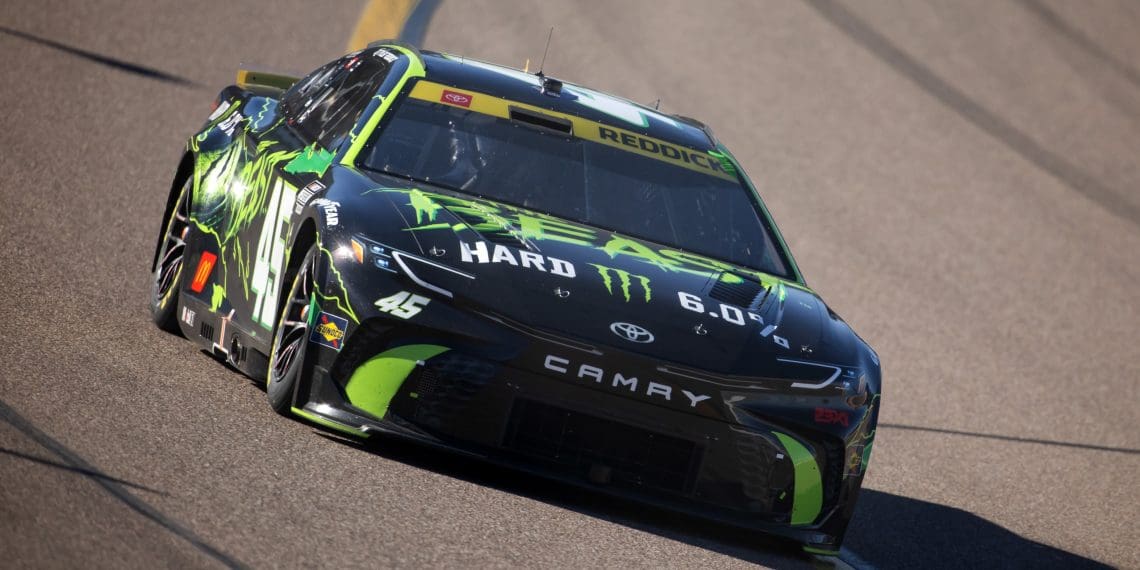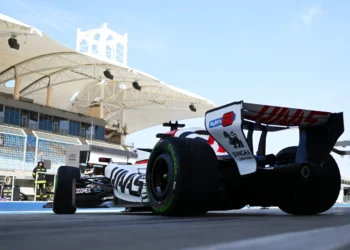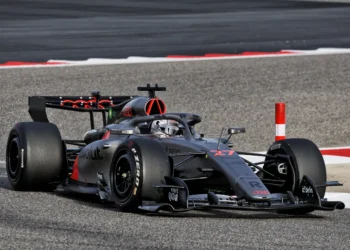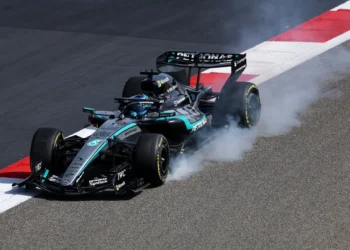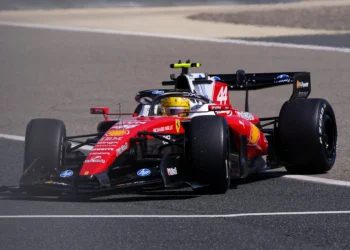In a stunning turn of events that underscores the high-stakes tension between NASCAR and its teams, 23XI Racing and Front Row Motorsports (FRM) have triumphed in a preliminary legal battle, ensuring their place on the 2025 NASCAR Cup Series grid. Judge Kenneth D. Bell’s ruling on December 18th granted a preliminary injunction that paves the way for the teams to race as chartered entities, despite NASCAR’s controversial attempts to block their participation.
The lawsuit that shook NASCAR
The legal battle began in October when 23XI and FRM accused NASCAR of leveraging its monopoly power to force teams into signing the 2025 charter agreement under duress. Central to the dispute were claims that NASCAR’s charter renewal process and Next Gen car regulations effectively strong-armed teams into compliance, leaving them with few viable alternatives outside the series.
The teams also alleged that NASCAR’s new multi-network television deal for 2025 prioritized the governing body’s financial interests while creating unnecessary confusion and complexity for teams trying to navigate the system.
Blocked charters spark controversy
Amid the ongoing lawsuit, NASCAR took a bold step by blocking the sale of charters that 23XI and FRM had acquired from the now-defunct Stewart-Haas Racing (SHR). Without these charters, both teams faced the daunting prospect of competing as “Open” teams, where poor qualifying runs could leave them sidelined from races and significantly reduced their prize money opportunities.
Judge Bell’s injunction clears the way for FRM to proceed with their charter acquisition, while 23XI must file a separate motion to finalize its own purchase. This ruling prevents NASCAR from further obstructing the sale and grants FRM and 23XI the competitive certainty they sought.
Judge’s ruling delivers a blow to NASCAR
In his decision, Judge Bell highlighted the strong likelihood that 23XI and FRM would succeed in their antitrust claims against NASCAR. He emphasized that denying the teams chartered status would cause irreparable harm, including losing top-tier drivers and compromising their competitive viability.
“Plaintiffs have established that they are likely to succeed on their claims that NASCAR has monopoly power in the market for premier stock car racing,” Bell wrote. “Without guaranteed entry as chartered teams, they will likely suffer irreparable harm through the loss of contractual control over their best drivers and the resulting inability to field their best race team.”
Drivers secure their spots for 2025
With the injunction in place, FRM and 23XI Racing drivers can breathe a sigh of relief. Tyler Reddick and Bubba Wallace, representing 23XI, will join Todd Gilliland and Noah Gragson of FRM on the 2025 Cup Series grid, guaranteeing their spots across all 36 races.
Reddick, fresh off a Championship 4 appearance in 2024, looks to build on his momentum, while Wallace aims to improve on his 18th-place finish last season. Gilliland, moving to the #34 car, will step up as FRM’s lead driver, while Gragson transitions from SHR to the #38.
Additionally, should the lawsuit end favorably for 23XI, the charter they acquired from SHR will enable Riley Herbst to debut in the #35 car. Meanwhile, Trackhouse Racing has already secured another SHR charter for Shane van Gisbergen’s rookie campaign in the #88.
NASCAR’s future hangs in the balance
As the lawsuit rages on, the stakes for NASCAR could not be higher. The case has already exposed concerns over the sport’s governance and raised questions about its long-term competitiveness. If the teams ultimately prevail, NASCAR may be forced to rethink its charter system and approach to negotiations with teams.
This legal drama could prove a turning point for the sport, with far-reaching implications for teams, drivers, and the governing body itself.

